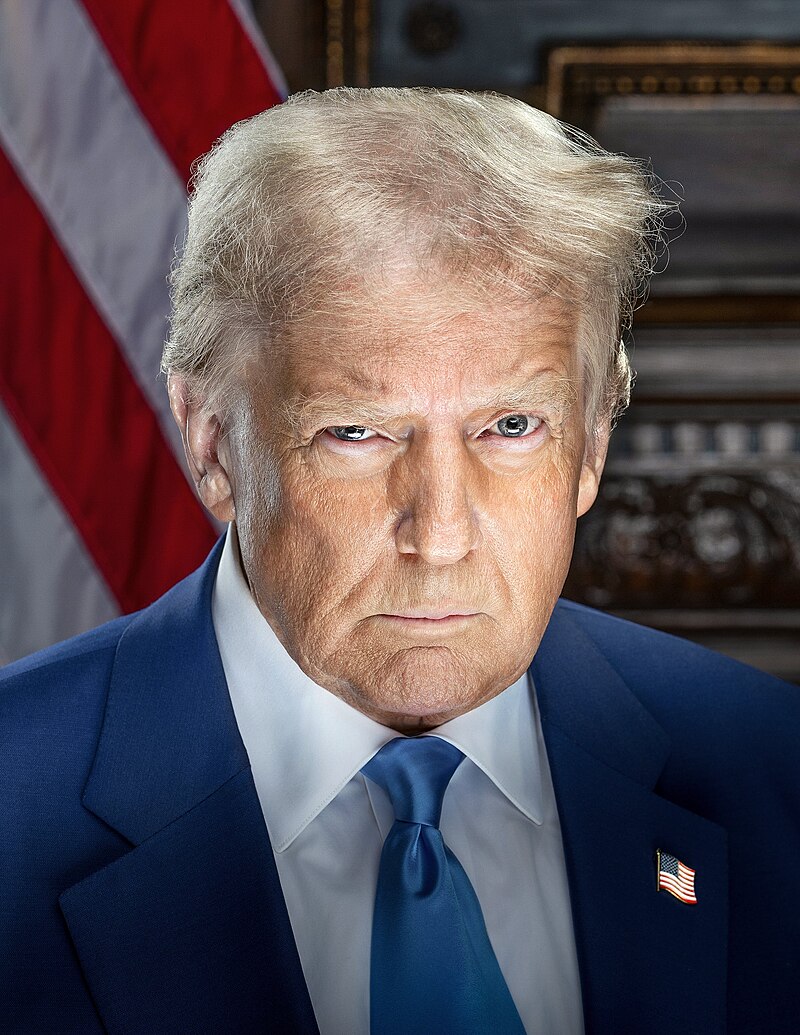In an unexpected turn of events, several prominent feminist voices have begun to label Donald Trump a man whose political career has been defined by policies that undermine women’s rights as a feminist. This bold and controversial claim has sparked significant debate, especially considering Trump’s record on issues such as abortion rights and gender equality. How did we arrive at a point where individuals who identify as feminists align themselves with a figure who has been accused of perpetuating misogyny and inequality?
The argument presented by these feminists is based on a re-framing of Trump’s actions and rhetoric. Some suggest that his defiance of traditional political correctness, his tough stance on global issues, and his unapologetic attitude toward power represent a form of feminism in their own right.
These feminists argue that Trump challenges established norms and empowers certain women by creating opportunities for them to rise, especially in leadership roles within traditionally male-dominated spaces. However, this line of thinking fails to acknowledge the deeper, systemic misogyny embedded in Trump’s policies and actions throughout his career.
Critics argue that labeling Trump a feminist ignores the harm he has caused to women, from his stance on abortion to his history of misogynistic comments and actions. Trump’s administration was marked by the rollback of reproductive rights, cuts to funding for women’s healthcare, and the empowerment of figures who have openly opposed gender equality.
His rhetoric has often trivialized issues of sexual violence and harassment, even while his own behavior has been the subject of multiple accusations of misconduct.
While some claim that his presidency could be seen as a challenge to the status quo, these arguments often overlook the real-world consequences of his actions on women’s lives. Feminism, at its core, seeks to dismantle the structures of power that oppress women and promote gender equality. Trump’s policies, however, often reinforced these power structures, making it difficult to reconcile such actions with feminist values.
The discussion also brings to light a fundamental question about the definition of feminism itself. If feminism is truly about advocating for the rights and equality of women, can someone who actively works against these principles truly be considered a feminist?
It seems that the term “feminist” is being distorted, used to support a narrative that aligns with personal or political interests rather than a genuine commitment to gender equality.
Ultimately, while it is vital to engage in open dialogue and examine different perspectives, it is essential to critically assess the implications of such claims.
Labeling Trump a feminist not only dilutes the meaning of the term but also risks sidelining the struggles of women who continue to face the tangible impact of his policies. Feminism should be about creating a more just and equal world for all women, not about finding unlikely heroes in those who have consistently worked against that goal.
Guardian


